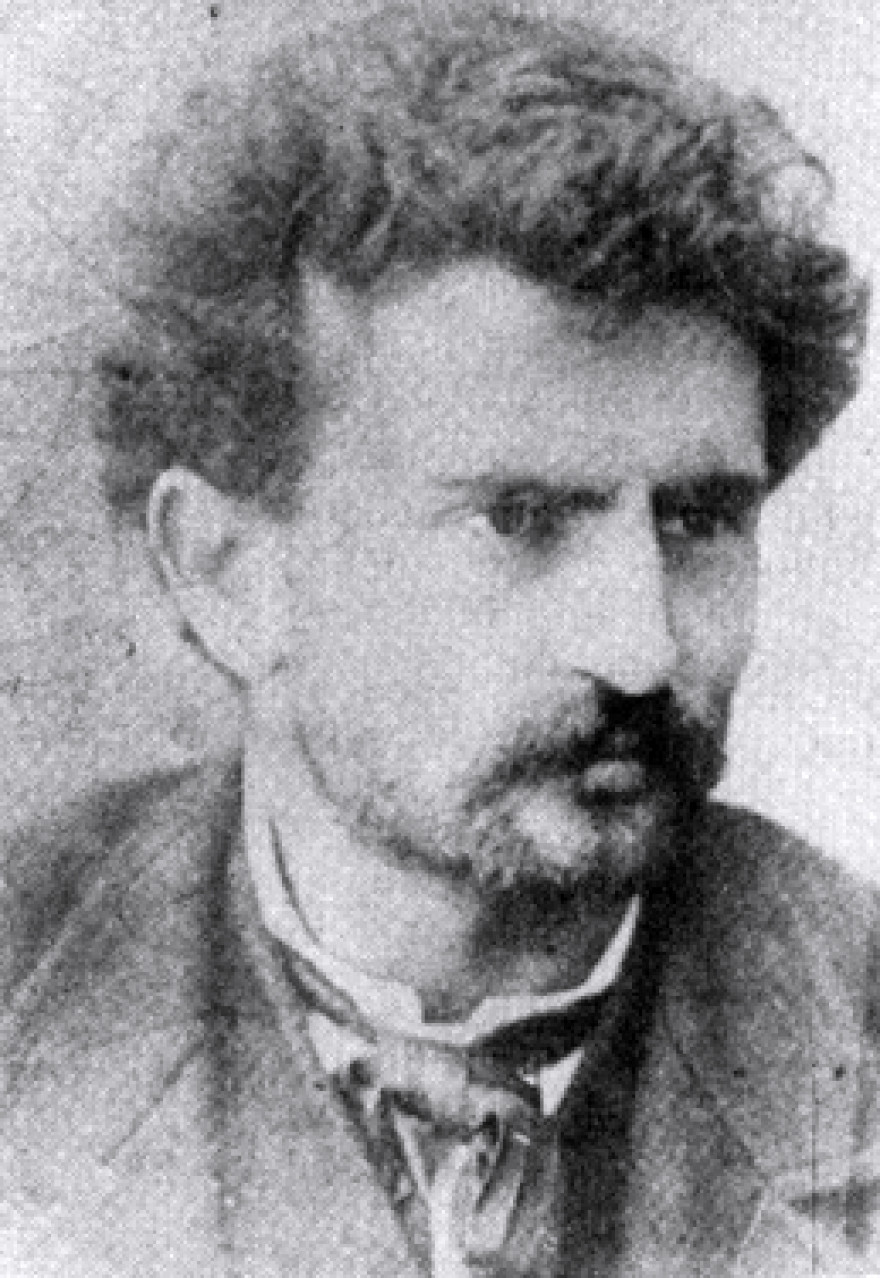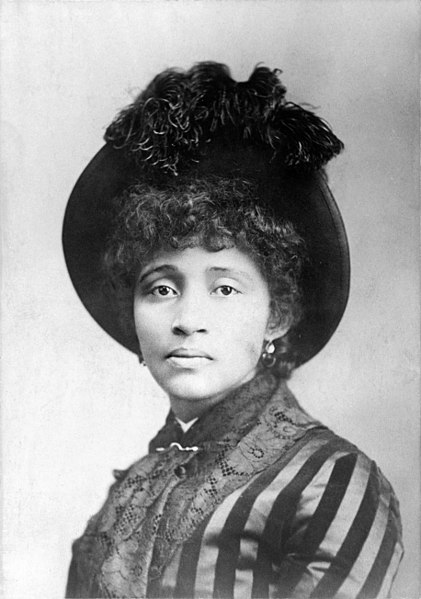Listen
Disabled activists and allies came together in parliament this week to call for an end to the degrading treatment, dehumanisation and even torture that young disabled people are subjected to in institutional care settings.
Members of the End Torture of Disabled People campaign described how a series of media exposés and inquiries have revealed abuse of disabled children and young people in care homes, residential special schools and mental health institutions.
Ellen Clifford, a member of the national steering group of Disabled People Against Cuts (DPAC) and author of The War on Disabled People, said that behind these scandals was “a culture that violates people’s rights and allows degrading treatment”.
Among the scandals she highlighted were those at children’s homes in Doncaster run by Hesley Group, which is owned by a private equity firm; those at homes run by Calcot Services for Children; mental health units run by The Huntercombe Group; and failures by Tees, Esk and Wear Valleys NHS Foundation Trust.
She said that these examples of torture and abuse “are not anomalies” but are “part of a wider system, where physical restraint and seclusion rooms are used as common practice”.
She said disabled children and young people are placed in settings many miles from home, where they are traumatised, and then punished when they respond to that trauma.
“Thus, their distress escalates, their trauma is entrenched, and they’re told that services within the community cannot cope with them, so they become trapped within abusive institutions.”
The campaign aims to eliminate the use of these segregated settings, and end the torture, violence and abuse of young disabled people across such services.
It is led by the The Alliance for Inclusive Education, and backed by DPAC, Reclaiming Our Futures Alliance (ROFA) and other disabled people’s organisations including WinVisible, Sisters of Frida and Deaf Ethnic Women’s Association (DEWA).
Simone Aspis, who set up Inclusion London’s Free Our People Now project, which is led by people with learning difficulties and autistic people, described how one autistic young person ended up in an inpatient psychiatric unit after failing to cope with the “personal torture” of trying to fit in with her school’s inaccessible learning environment.
She said a “pipeline” led from disabled children being provided with no support in mainstream schools, to pupil referral units, to special schools, to residential schools, to mental health services and finally to psychiatric inpatient care.
She said: “At the moment, disabled young people and children, the only time they only have any rights is when they’re detained under the Mental Health Act.”
Aspis said the voices of people with learning difficulties and autistic people had been missing from the debate.
She said there was a need to end all forms of segregated institutions, and that the regulators, the Care Quality Commission and Ofsted, as well as the Crown Prosecution Service, “really must get tough” with the “torture and inhumane and degrading treatment” that was taking place in segregated institutions.
Michelle Daley, ALLFIE’s director, said it was vital to remember the “legacies of the past”, such as the eugenics movement and the institutionalisation of disabled people.
She said: “We’re still using words like special education, special needs, as if it’s a favour rather than a right.
“We’re still not talking about justice… in terms of our emancipation and liberation as disabled folks.
“We want real justice and real rights, we want to talk about the desegregation of these disabled people, and we can’t continue to have the legacy of eugenics which is keeping us held back, and basically killing too many disabled people.”
Mark Harrison, a member of ROFA’s steering group and author of a new book on working with young disabled people*, blamed successive governments for failing to implement key parts of the UN Convention on the Rights of Persons with Disabilities (UNCRPD), including articles 19 (on independent living) and 24 (on inclusive education).
He said the last Labour government decided to listen to “the lobbying voices of the segregationists and the professionals”, with the damage caused by that decision “enhanced and multiplied many times by successive Conservative governments”.
He said this had “made segregated education a cornerstone of their educational policies with the resulting disastrous situation we find ourselves in today”, with the “reinstitutionalisation of disabled children and young people in residential institutions”.
The campaign has heard how one autistic teenager – who is being supported by DPAC – has been “tormented” and left terrified by her treatment within a series of privately-run psychiatric intensive care units.
During an eight-month period, Lucy Hughes, who is just 14, was repeatedly pinned down by six support staff who had little experience or training, before she was injected with drugs, stripped of her clothes and placed in seclusion.
Her parents also saw hospital staff dragging 12-year-old children around by their collar or their clothes, “shouting and swearing at autistic children as they cried on the floor”.
The members of ALLFIE’s campaign group say they are “increasingly outraged” by the exposure of disabled young people to “neglect, violence, torture, rape and death” in institutions.
They want to hold to account those commissioning these services, professionals and staff, and end the use of institutional and segregated settings, replacing them with a national independent living service and an inclusive education service.
But they also want to ensure that the voices of the young disabled people affected by the abuse are no longer missing from the debate.
Lucy Wing, a member of ALLFIE’s Our Voice project, which aims to amplify disabled young people’s voices, told the meeting: “Despite decades of disabled people sharing their experiences of segregation in education and organisations campaigning for change, special schools and residential institutions are still the norm for disabled children and young people.”
She said that those responsible for the abuse, assaults, negligence and torture needed to be held accountable.
She said: “We need an explanation to why the countless reports weren’t followed up on.
“We need the reason why these schools were considered good despite evidence of abuse.
“We need national recognition that this is the reality, but it does not have to be.”
John McDonnell, the Labour MP and former shadow chancellor who sponsored the event, said disabled people had become “economic units to be profited from”, both by providers of residential care but also by the pharmaceutical industry.
He said there was a need for “a new civil rights movement” that focused on desegregation and exposed the abuse and the failure of existing provision and regulation, exposing both the results of privatisation but also failures within the public sector.
He called for new legislation on civil rights for disabled people around desegregation.
He said: “If you look at all those civil rights movements in the past, they’ve largely been based upon the exposure of a segregated society.
“And I don’t think in our community at the moment there’s a full and thorough understanding of how much segregation has gone on with regard to people with disabilities.”
He added: “Don’t underestimate direct action. That’s what we’ve done in the past. Because sometimes it’s needed to shake the place up a bit about what we’re doing.”
Navin Kikabhai, ALLFIE’s chair, said it was a “travesty”, after more than 25 years in the education sector, that he found himself increasingly supporting disabled young people who had been “locked away in residential settings”.
And he said it was “embarrassing” to see other countries “far exceeding” the UK in meeting their responsibilities under the UNCRPD, including article 15, which covers freedom from torture.
Claire Glasman, from WinVisible, said mothers who were part of the Disabled Mothers’ Rights Campaign had had their children taken away and placed in abusive institutions.
She said: “Today, more children are in care than ever. Councils take children from low-income single mothers, disabled mothers, from care leavers, and women who report domestic violence.
“Children of colour and/or disabled children are disproportionately targeted.”
And Maresa Mackeith, ALLFIE’s youth parliamentary officer, said: “Children and young people continue to experience being dehumanized by so-called trusted people.
“We are calling for segregated provision such as these institutions to be phased out and for all disabled children and young people to be included in their communities as a right with the support they need.”
*Labels are for Jars not People: Emancipatory Approaches to Working with Young Disabled People, by Mark Harrison
Picture: (From left to right) Simone Aspis, Michelle Daley and Lucy Wing
A note from the editor:
Please consider making a voluntary financial contribution to support the work of DNS and allow it to continue producing independent, carefully-researched news stories that focus on the lives and rights of disabled people and their user-led organisations.
Please do not contribute if you cannot afford to do so, and please note that DNS is not a charity. It is run and owned by disabled journalist John Pring and has been from its launch in April 2009.
Thank you for anything you can do to support the work of DNS…
Donate




